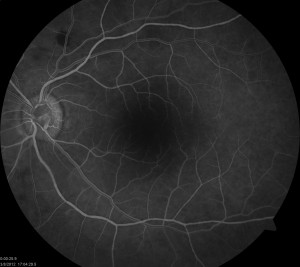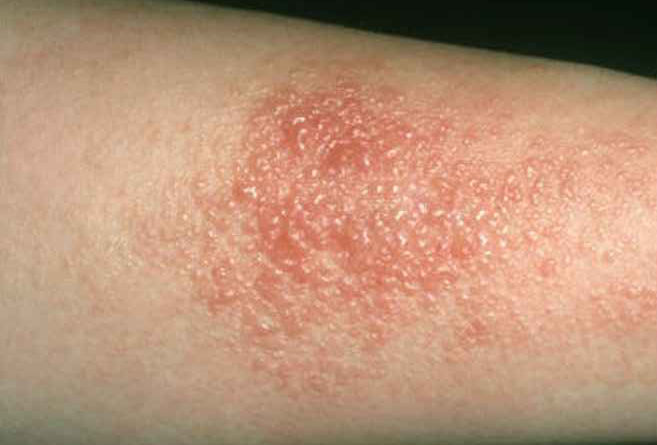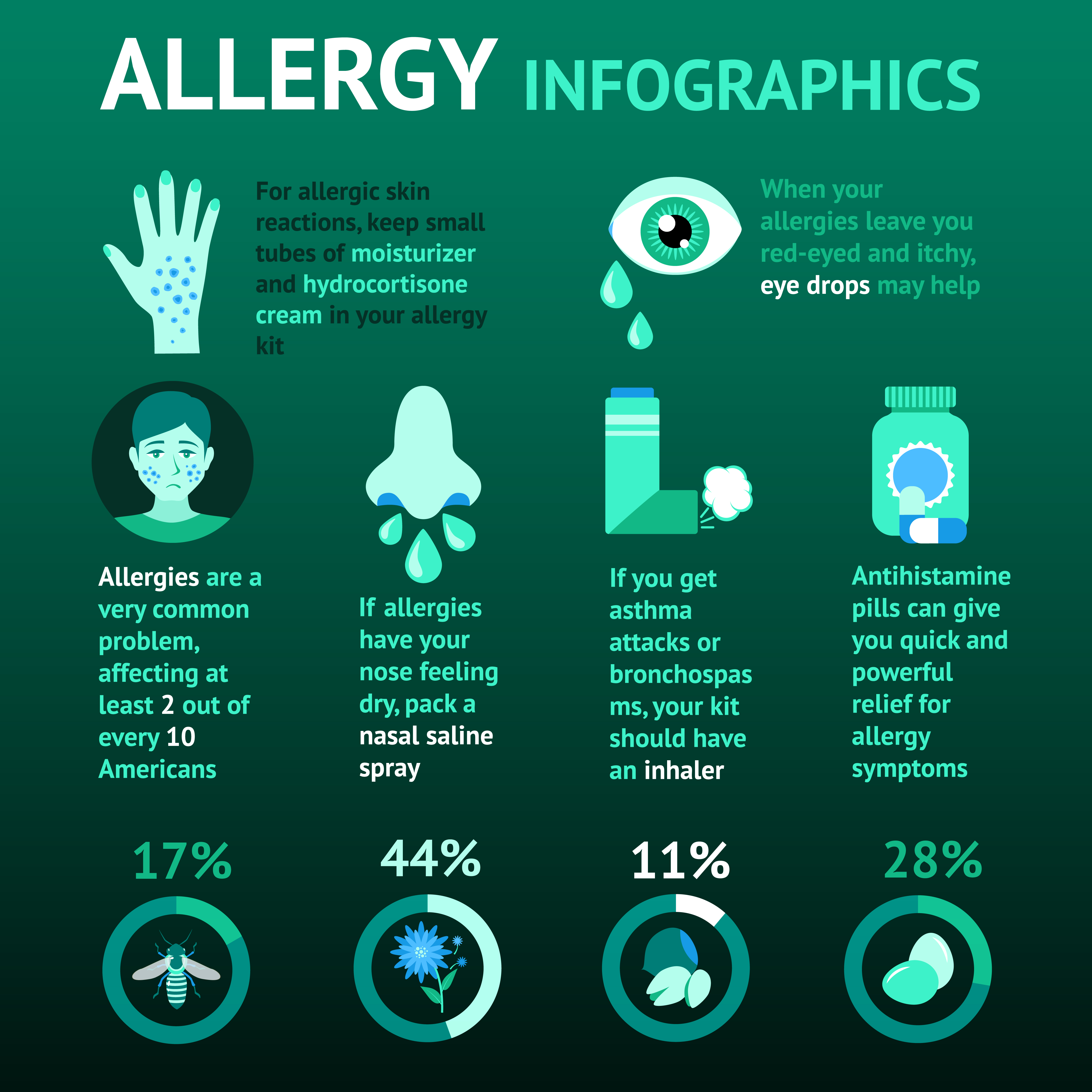A needle test (intradermal): An allergy nurse uses tiny needles to inject a small amount of venom under the top layer of skin on the upper arm. The allergist or nurse tells you the results of the bee sting test before you leave. Your primary allergist will discuss the next step or the plan of care with you
If you recently were stung by a bee or hornet or any insect, your body may be showing latent reactions to that sting. Sometimes it remains as just plain anaphylaxis . My own experience with this began with the funny way I discovered my bee allergy (see [1] below for that).
Skin tests and estimation of specific IgE‐antibodies by the RAST are evaluated as diagnostic procedures in bee sting hypersensitivity with the following results

allergy beef symptoms diagnosis treatment authority
How is the treatment of bee sting? All and more in our news . Bees have venom pouches and in some people allergies to bee venom called "venom zehir may develop. Although this condition is similar to allergy symptoms, allergic sensitivity cannot be detected in the tests.
Bee sting allergy: You can get an immidiate allergic responce and it can cause swelling of the larynx and you need Epinephrine injection, late resonce See an allergist: The best way to diagnosis allergy to stinging insects is via skin testing. Allergists use different venoms to test for such allergies,
If you're allergic to bee stings, ask your doctor if you should carry epinephrine shots with you. Wear a medical alert bracelet or necklace. American College of Allergy, Asthma and Immunology: "How Can I Avoid Insect Stings?" Johns Hopkins Medicine.
Allergy Tests. When you need them and when you don't. Allergy tests may help find allergies to things you eat, touch, or breathe in. They are usually skin or blood tests. However, allergy tests alone are generally not enough.
..., Mahillo I. How molecular diagnosis can change allergen-specific immunotherapy prescription in a Molecular profiles of IgE to Phleum pratense in children with grass pollen allergy Korosec P., Kosnik M., Valenta R. Recombinant allergen-based IgE testing to distinguish bee and wasp allergy.

hives skin treatment allergy symptoms reaction causes itchy histamine allergic urticaria welts term chemical face bumps definition immune adam chronic
This blood allergy test will determine if you are allergic to the vemon/sting of honey bees. Honey bees are the only stinging Hymenoptera that almost always. An allergy to honey bee venom often means an individual is also allergic to bumblebee venom. It is important to be tested for both since the

bee stings sting wasp insect spider bites yellow bees hornets wasps insects dangerous jackets beesting effects honey myvmc hymenoptera symptoms
Blood allergy testing provides numerical results for IgE antibody levels to help determine how severe a reaction a person will have. This test measures a person's allergic reaction to Honey Bee venom. For most people, bee stings are painful and may cause minor temporary swelling.
Bee allergy can potentially be life threatening and can result in death, especially in adults. Your allergist may also order a blood test to further evaluate the bee allergy. How does treatment for bee stings work? Bee sting allergy is treated by building a better immune response to the bee venom.
• Component resolved allergy testing: Testing for individual protein components of allergens is now available. HOWEVER in patients who have had a severe reaction wasp/bee, latex, peanut, or if there are With children, consider that 1 mL blood will allow you to test for a maximum of 8 allergens.
Bee-related Allergies: Bee Stings, Pollen, and Honey For something so small, bees can cause large allergic reactions. There are a few ways bees find Just so,Is there a test for a bee sting allergy? In the skin-prick test, a small amount of a liquid containing insect venom is placed on the back
Bee sting allergy testing is the first step toward preventing an emergency. Discovering your (or a loved one's!) risk of an allergic reaction now will give There's no telling how bad your next response to a sting will be. If you react to the allergy test, you will know to take bee stings more seriously and
Allergy skin tests and allergy blood tests are often used together to diagnose insect allergies. If you're allergic to bee stings, your doctor is likely to prescribe an emergency epinephrine autoinjector Also, make sure the people closest to you know how to administer the drug — if they're with you in

fluorescein angiogram retina test retinal diagnostic blood specialists evaluate flow health

pollen asthma hives cardamom flawless
How do you treat bee stings? What insect repellents work the best at preventing them? Additionally, treating bee stings include options for children with more severe allergic response include A final word about allergy testing: it is only necessary to test for bee venom allergy if your child
Allergy Testing. (And if you have a bee allergy, we have info for you, too.) How Do I Know? After you get a bee sting, it's totally normal to have itching, redness, and swelling around the site of the sting. For those who know they have a bee allergy, talk to your allergist about immunotherapy.

allergy vector infographics clipart graphics vectors
A blood test can measure your immune system's response to bee venom by measuring the amount With specific immunotherapy, patients with a diagnosed allergy and a risk for general symptoms The site and depth of the sting, the age of the bee, your level of activity, all seem to affect how it develops.

allergy beans testing therapy appointment note
test skin prick positive cashews peanuts allergies true follow tweet
You may also be educated in how to avoid high-risk honey bee situations in the future and recommended to undergo specific IgE testing for honey bee allergy. A simple blood test—together with your medical history—can help identify underlying allergen triggers, if you have an allergy.
Some allergists perform venom allergy testing, either with skin testing or specific IgE ImmunoCAP testing to venom allergens after venom immunotherapy has been given for a period of time. Studies suggest that many children who begin allergy shots for bee stings do not complete their therapy.
A bee allergy is one of the most dangerous types of allergy and can occur at any age even if you never had a reaction to a bee sting in the past. While most people don't experience an allergic response a normal bee sting reaction is easily mistaken for an allergic one.

swollen allergy allergic reaction bee eye sting stinging burn chemical vs shutterstock
People who have an allergy to bee venom may experience severe symptoms when they're stung. These symptoms, collectively known as anaphylaxis, can But you should speak to an allergist for a potential evaluation for a venom allergy, which can be done via a blood or skin test, or sometimes both.
Allergy Diagnosis. Do you break out in hives when a bee stings you? Or do you sneeze every time you pet a cat? There is no test that can determine how severe an allergy is for someone. A physician, usually an allergist, should supervise this test due to the risk of anaphylaxis, a severe
Allergy tests can help you find out what you're allergic to and how to best treat your allergy. Here's what allergy testing costs to expect for different For this reason, blood allergy test results should be interpreted with caution by an experienced allergy doctor. How much does allergy testing cost for
Allergy to insect venom refers to a clinical reaction to one or more stings that is greater than would be expected in the general population and results from specific sensitization to that venom. Symptoms and signs. Most individuals will develop limited local swelling in response to a sting that is
How does bee pollen help allergies? An allergy happens when your body develops an immune response to an allergen, creating antibodies. These antibodies then activate certain receptors on your cells to release histamine, resulting in an allergic reaction (puffy eyes, runny nose, etc).
Bee Allergy tests include; Skin test - A small drop containing purified bee venom is injected into the skin. Bee Allergy causes mainly includes a series of reactions that occur in the body when there is exposure to bee venom. There are certain proteins contained in bee venom that elicit a reaction
Bee sting allergy tends to occur in high-risk groups such as beekeepers, gardeners and farmers. Beekeepers are specially exposed to bee Testing for wasp and bee sting is not straightforward. Patients are usually offered a skin prick test or a blood test which, in theory, determines to
Two types of tests, skin tests and blood tests, can be used to determine whether or not you have an allergy to specific types of stinging insects. Once clear of the bees, remove stingers and seek medical care if necessary, especially if there is a history of allergy to bee venom.
Here you may to know how to test for bee allergy. Watch the video explanation about 13ABC: Allergic reactions to bee stings Online, article, story, explanation, suggestion, youtube. 13ABC: Allergic reactions to bee stings. Sharing buttons
